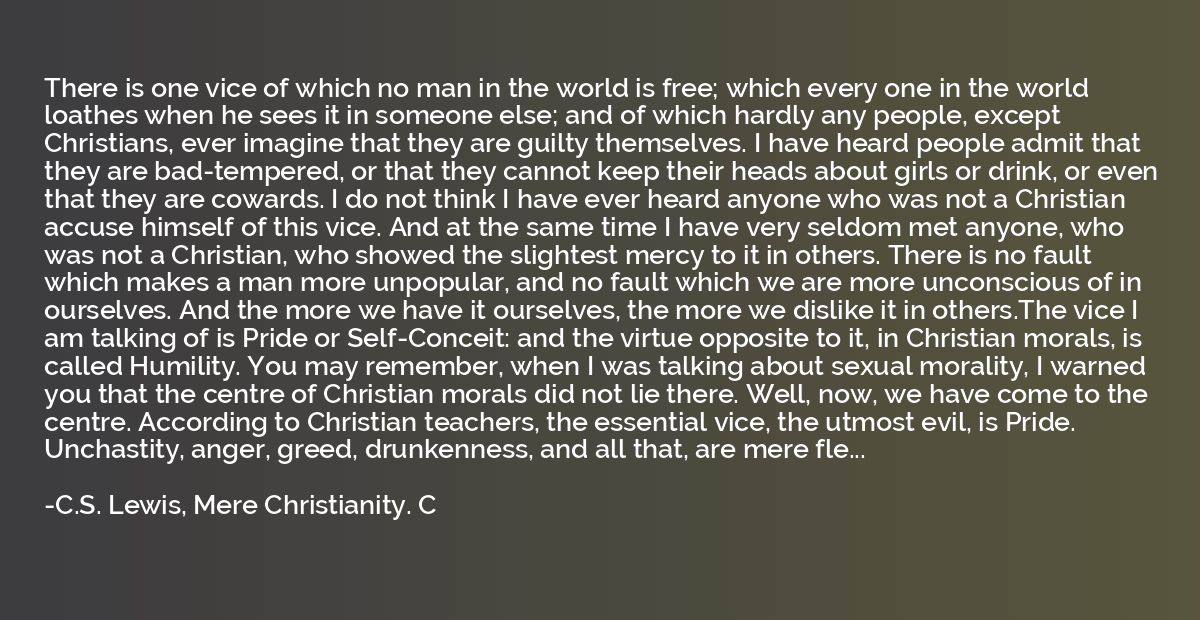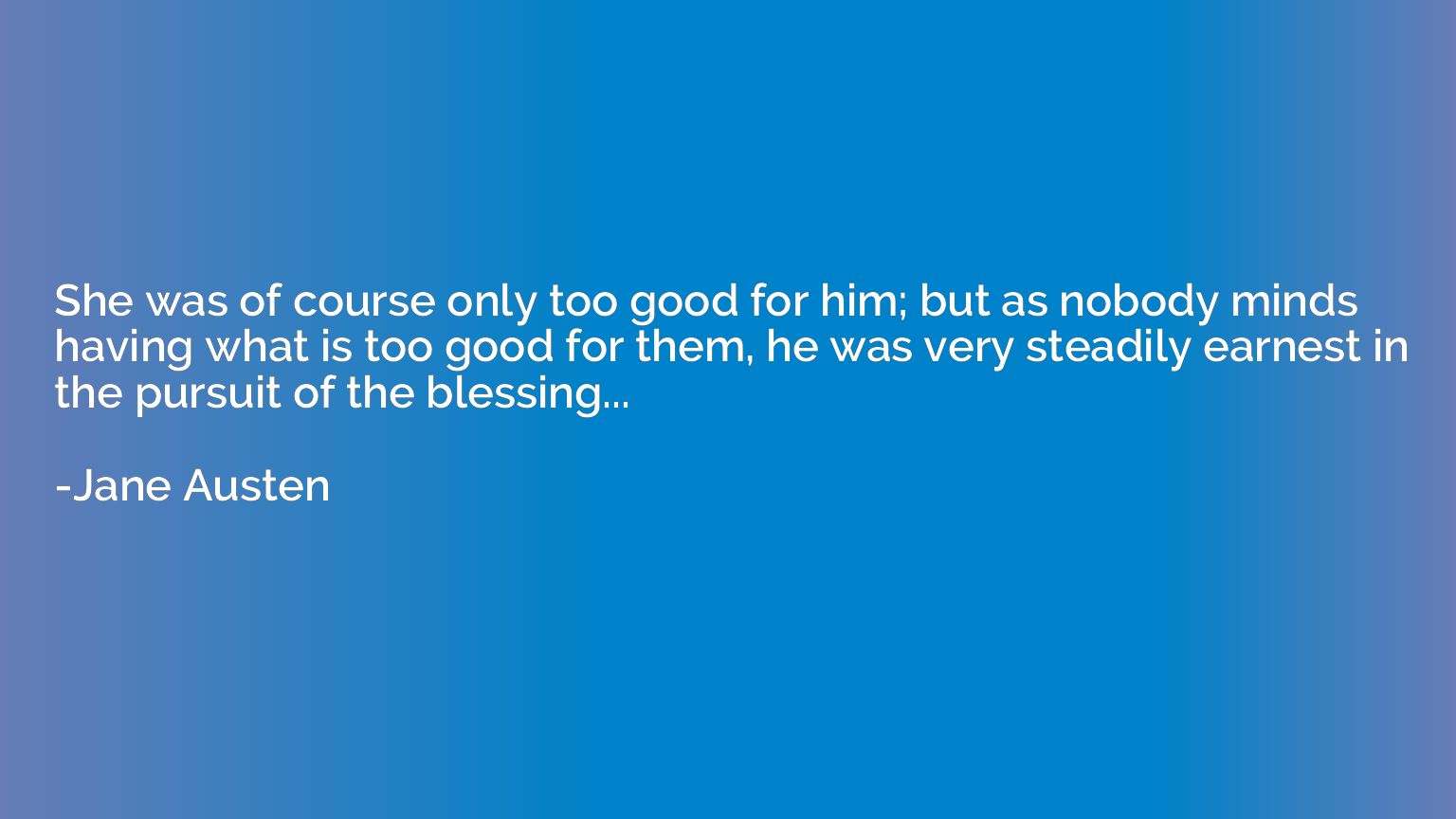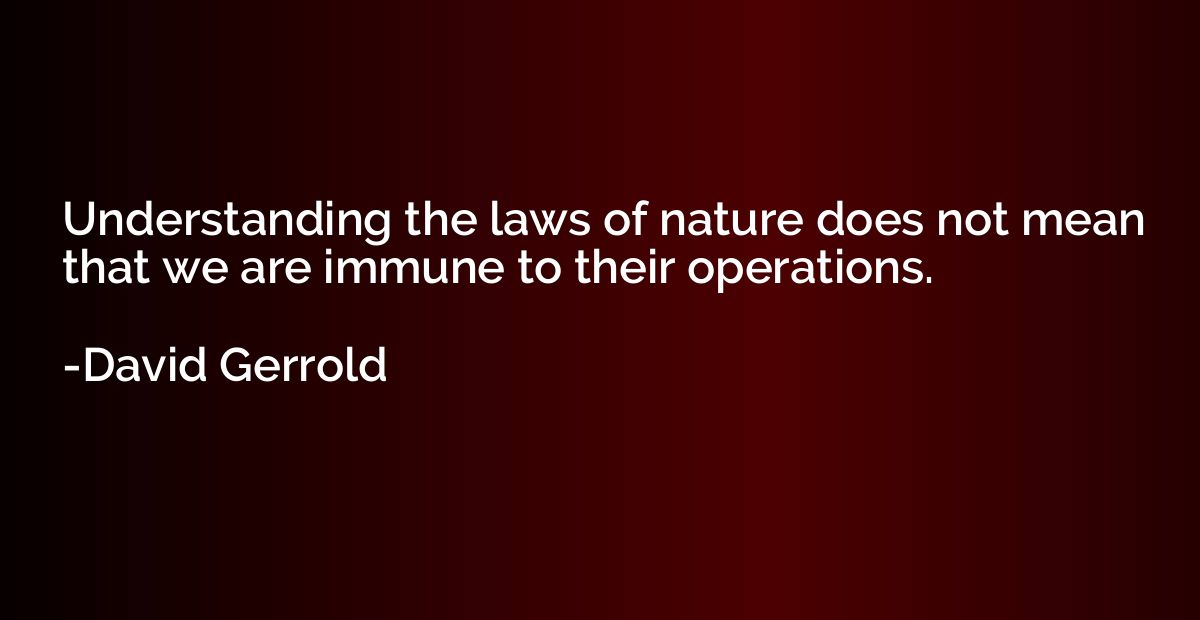Quote by C.S. Lewis, Mere Christianity. C
There is one vice of which no man in the world is free; which every one in the world loathes when he sees it in someone else; and of which hardly any people, except Christians, ever imagine that they are guilty themselves. I have heard people admit that they are bad-tempered, or that they cannot keep their heads about girls or drink, or even that they are cowards. I do not think I have ever heard anyone who was not a Christian accuse himself of this vice. And at the same time I have very seldom met anyone, who was not a Christian, who showed the slightest mercy to it in others. There is no fault which makes a man more unpopular, and no fault which we are more unconscious of in ourselves. And the more we have it ourselves, the more we dislike it in others.The vice I am talking of is Pride or Self-Conceit: and the virtue opposite to it, in Christian morals, is called Humility. You may remember, when I was talking about sexual morality, I warned you that the centre of Christian morals did not lie there. Well, now, we have come to the centre. According to Christian teachers, the essential vice, the utmost evil, is Pride. Unchastity, anger, greed, drunkenness, and all that, are mere fleabites in comparison: it was through Pride that the devil became the devil: Pride leads to every other vice: it is the complete anti-God state of mind.

Summary
This quote explains the concept of pride or self-conceit as a vice that everyone despises when seen in others, yet hardly anyone except Christians admits to being guilty of themselves. Non-Christians also rarely show any mercy towards this vice in others. The author argues that pride is the most unpopular fault and the one we are most unaware of in ourselves. According to Christian morals, pride is considered the utmost evil and the root of all other vices. The virtue that opposes pride is humility, which is seen as the center of Christian morals.














